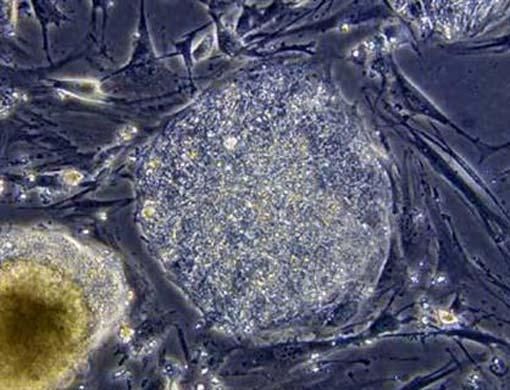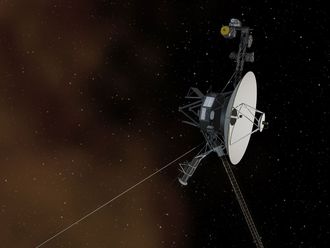Washington: Two separate teams of researchers announced on Tuesday they had transformed ordinary skin cells into batches of cells that look and act like embryonic stem cells - but without using cloning technology and without making embryos.
Their breakthroughs could make possible the long-sought goal of tailor-made medicine, but without the political, scientific and ethical roadblock of using human embryos.
Both teams call the new cells induced pluripotent stem cells and say they look and act like embryonic stem cells - the master cells that give rise to every cell and tissue in the body.
"We can now envisage a time when a simple approach can be used to produce stem cells that are able to form any tissue from a small sample taken from any of us," Ian Wilmut of the Scottish Centre for Regenerative Medicine at the University of Edinburgh, said in a statement.
"This will have enormous implications for research and perhaps one day for therapy," added Wilmut, who helped clone the first mammal, Dolly the sheep, in 1997.
James Thomson of the University of Wisconsin in Madison and colleagues reported their finding in the journal Science while Shinya Yamanaka of Kyoto University in Japan and colleagues reported theirs in the journal Cell.
Both teams used just four genes to transform ordinary skin cells called fibroblasts into induced pluripotent stem cells - iPS cells for short.
"We are now in a position to be able to generate patient- and disease-specific stem cells, without using human eggs or embryos," Yamanaka said in a statement













